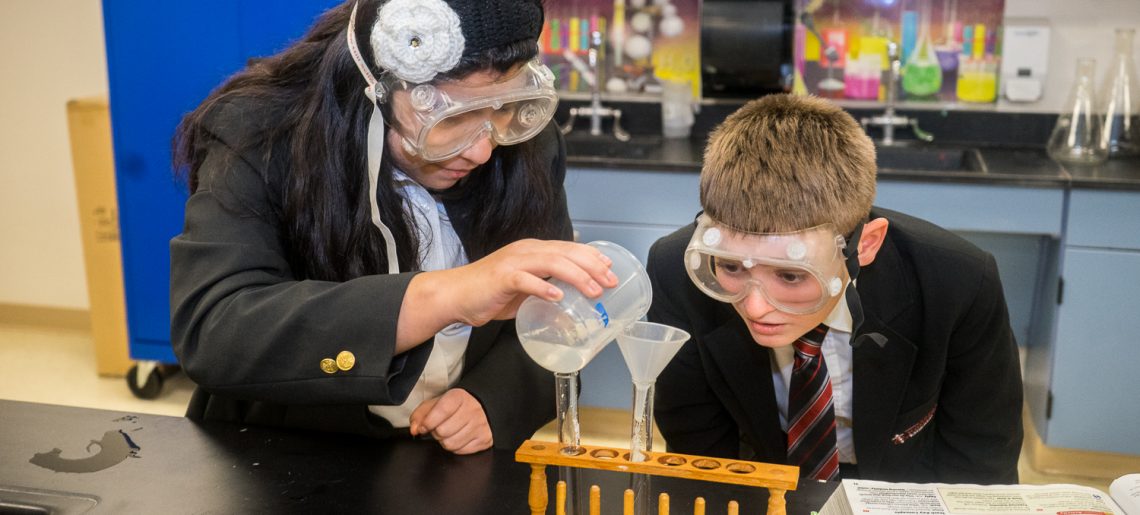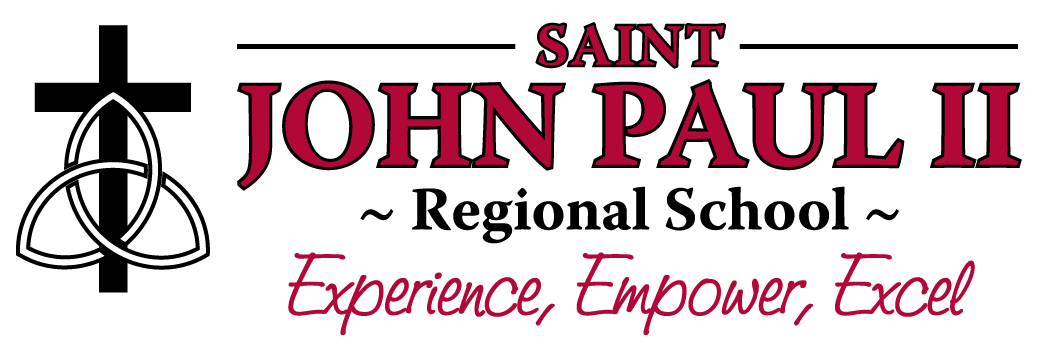
Language Arts
Students are grouped by ability in grades 6-8 to foster different learning levels.
Students read a wide range of print material in many genres.
Students are taught with various teaching techniques to develop strategies to comprehend, interpret and evaluate text.
Students are taught grammar rigorously through lessons, journaling, daily writing assignments, book reports, research papers, and public speaking.
Students are taught proper research guidelines to prepare for high school.
Mathematics
Students are grouped by ability in grades 6-8 to foster different learning levels.
Students develop number sense, and the ability to represent numbers in a variety of forms and situations.
Students develop strategies and reasoning to solve mathematical problems.
Students develop spatial sense, patterns, measurement, and estimation to use in everyday experiences.
Students develop an understanding of statistics and probability.
Students study Algebra giving students the opportunity to test out of Algebra 1 in high school.
Students regularly use calculators, computers, manipulatives and other mathematical tools to enhance thinking and understanding.
Religion
Understanding the Three Persons of the Blessed Trinity
Embracing the Sacraments
Making moral decisions
Learning and using a variety of prayer forms
Celebrating liturgical feasts and seasons
Articulating the relationship between faith and culture
Applying the Law of Love in relationships and through service
Developing an appreciation of Judaism and other living faiths
Science
Students learn key components of physical, earth, and life science.
Students hypothesize and conduct experiments in our fully equipped science laboratory.
Students learn about our home planet and journey into space using video-conferencing and Web casts.
Student research, problem solve, and write science reports.
Social Studies
Students learn democratic citizenship and how to participate in the constitutional system of government of the United States.
Students acquire historical understanding of political and diplomatic ideas and institutions, societal ideas, economic forces, ideas and institutions and varying cultures throughout the history of New Jersey, the United States, and the world.
Students acquire geographical understanding by studying the world as it is today, as well as, in ancient times.
Students communicate their understanding with projects, reports and participation in local student civic activities.
